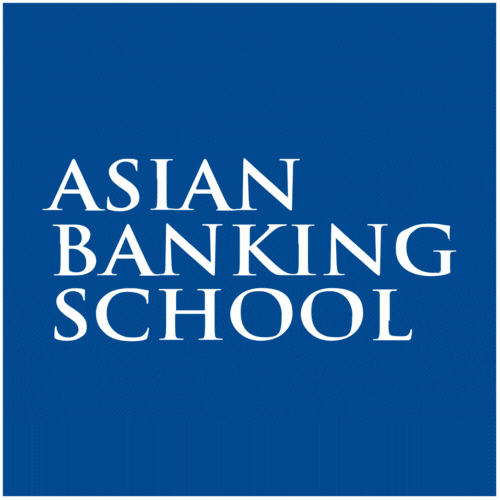

Per Participant
* Fee includes all training activities and materials, company visits, lunches during training days, special dinners, social programme and hotel accommodation (from 9 – 15 November 2025) based on single occupancy. It is not inclusive of any applicable taxes.
Participants will become part of Frankfurt School’s vibrant Alumni Community after successful completion of this programme. You will be provided access to information specifically for the FS Alumni & Friends so that you can stay in touch with the School and other alumni members via online platforms and digital networks.
For further information : www.frankfurt-school.de/en/home/about/alumni